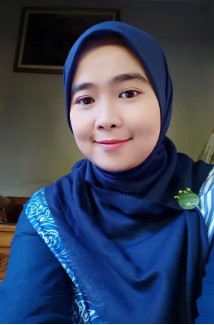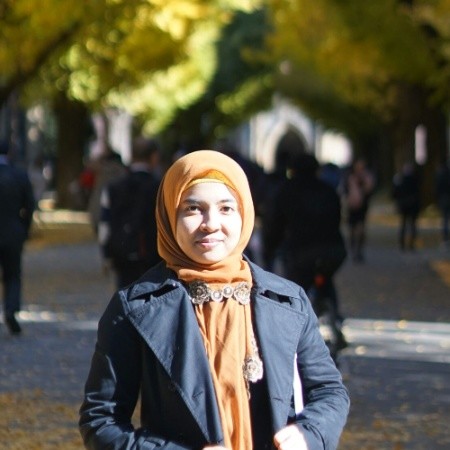ACHIEVING BETTER QUALITY OF LIFE THROUGH THE PROVISION OF SUPPLEMENTS, MEDICAL AIDS, AND COUNSELLING OF SLE PEDIATRIC PATIENTS AT RSSA MALANG
Downloads
Introduction: Systemic lupus erythematosus (SLE) in children can interfere with their growth and social functioning and the treatment process is often hampered by low compliance and the unmet secondary needs of the patient. The aim of this community service activity is to improve the quality of life of patients by fulfilling their secondary needs and providing free consultation and education.
Methods: This community service was carried out by educating and provide free consultation for 38 SLE pediatric patients accompanied by their parents directly at RSSA, monthly for 6 months, and we emphasise topics on management and healthy lifestyle for SLE patients. We also make this opportunity as a means of monitoring patient's condition which includes disease activity through SLEDAI Score, clinical symptoms, and psychosocial support, and we complete it by providing vitamin D supplements, sunblock, and wheelchairs.
Results: All the subjects in this community service were 100% girls and 50% of them had active SLE status with various clinical manifestations. 79% of patients never took vitamin D supplements and all patients did not use sunblock. There were 3 patients with neurological disorders who needed a wheelchair. We provide their secondary needs to maximize the standard therapy we have been doing. After 6 months, there was a decrease in the number of patients who missed monthly controls, and a decrease in patients SLEDAI Score indicating that their lupus activity was appropriately controlled.
Conclusion: Although rarely considered, the fulfillment of secondary needs in SLE patients such as vitamin D, sunblock, and wheelchairs for patients with mobility problems is very meaningful to them, which can optimize the main therapy given and make patients routinely attend monthly controls, because they find it helpful in terms of mobility. In addition, they do not need to buy vitamin D and sunblock themselves.

This work is licensed under a Creative Commons Attribution 4.0 International License.
Authors who publish with Jurnal Pengabdian Masyarakat dalam Kesehatan agree to the following terms:
The journal allows the author to hold the copyright of the article without restrictions.
The journal allows the author(s) to retain publishing rights without restrictions
The legal formal aspect of journal publication accessibility refers to Creative Commons Attribution (CC BY).
Authors retain copyright and grant Jurnal Pengabdian Masyarakat dalam Kesehatan the right of first publication with the work simultaneously licensed under a Creative Commons Attribution 4.0 International License that allows others to remix, adapt and build upon the work with an acknowledgment of the work's authorship and of the initial publication in Jurnal Pengabdian Masyarakat dalam Kesehatan.
- Authors are permitted to copy and redistribute the journal's published version of the work (e.g., post it to an institutional repository or publish it in a book), with an acknowledgment of its initial publication in Jurnal Pengabdian Masyarakat dalam Kesehatan.
Jurnal Pengabdian Masyarakat dalam Kesehatan requires a formal written declaration and transfer of copyright from the author(s) for each article published. We, therefore, ask you to complete and return this form, retaining a copy for your own records. Your cooperation is essential and appreciated. Any delay will result in a delay in publication.

JPMK by Unair is licensed under a Creative Commons Attribution 4.0 International License.










